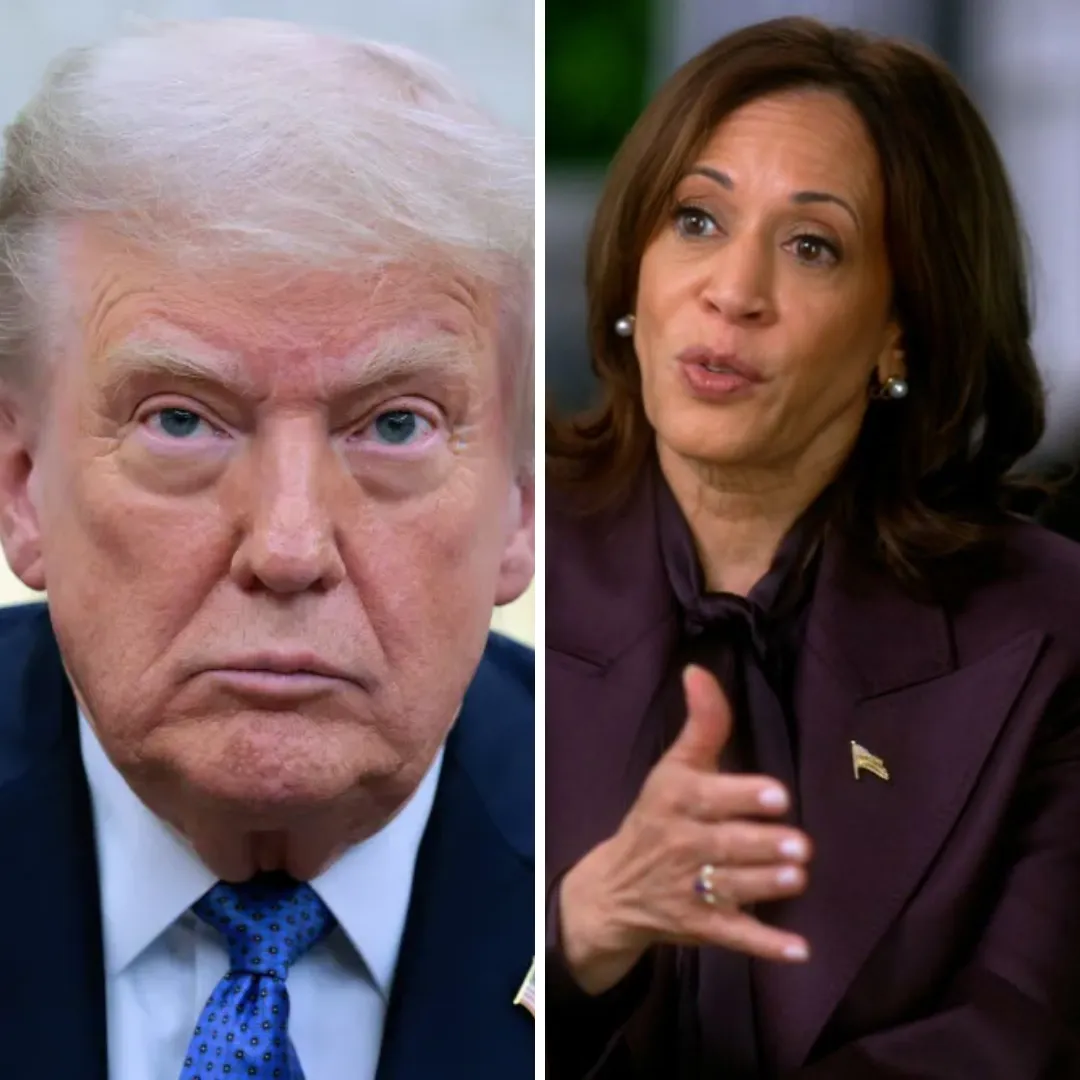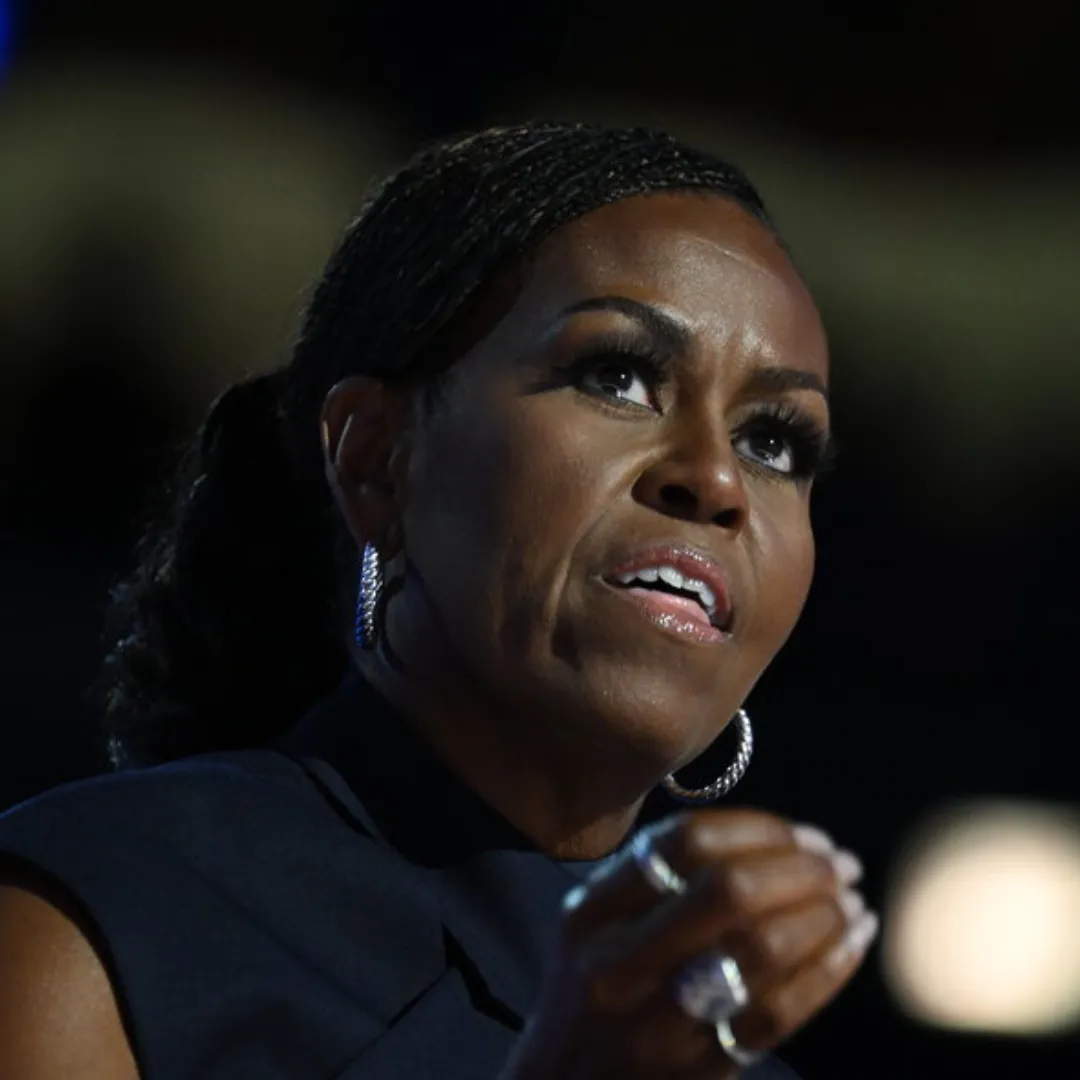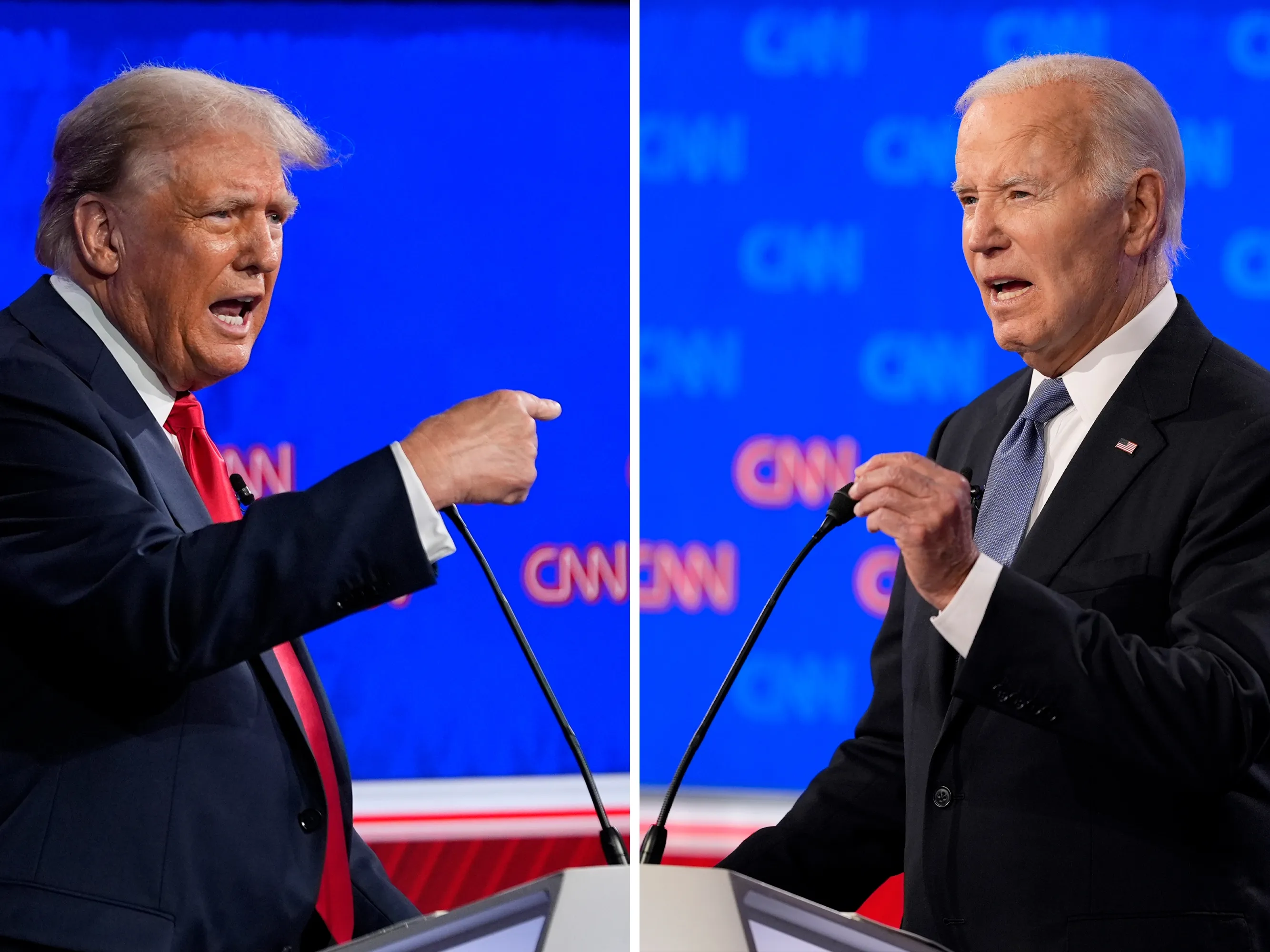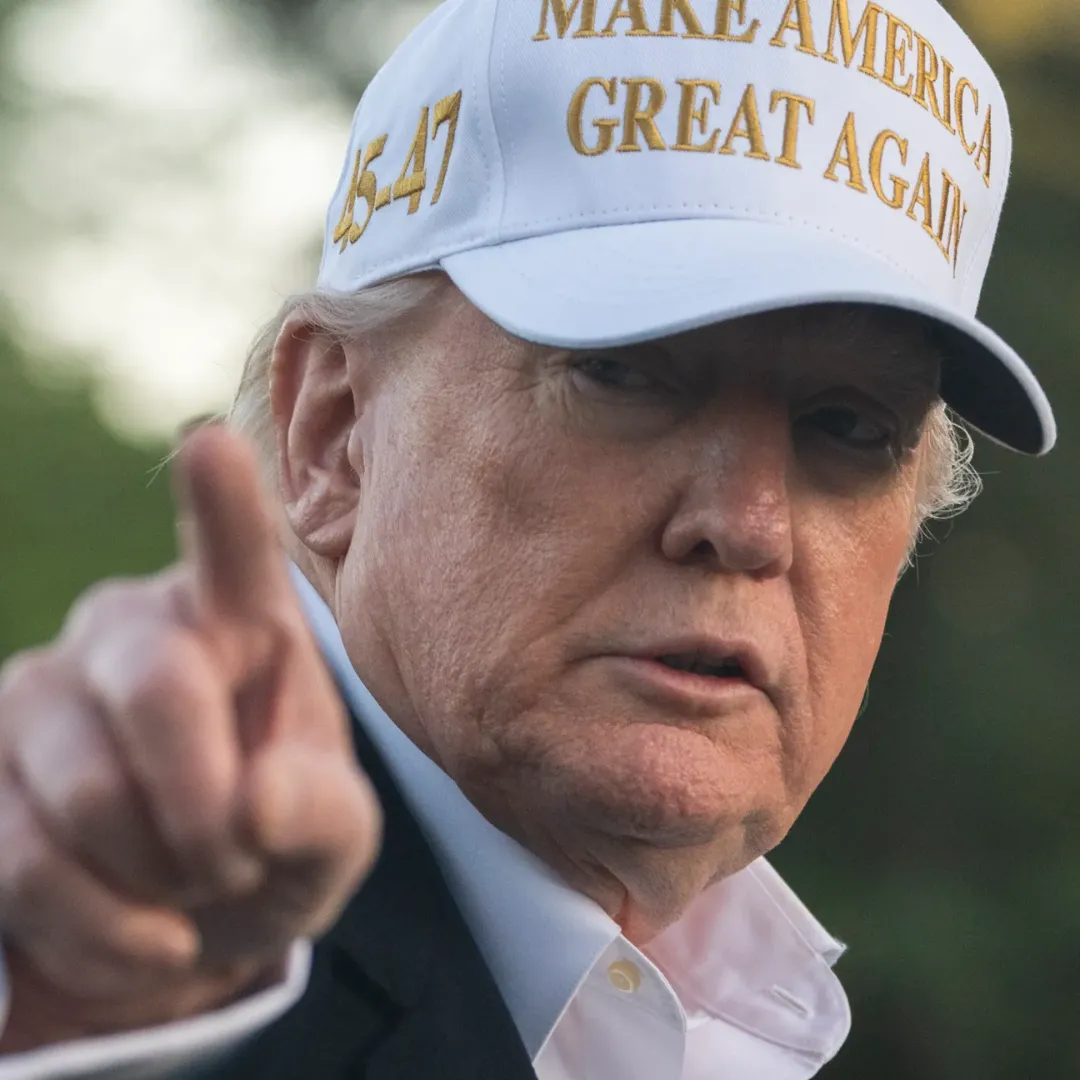
Kevin O'Leary, the businessman and prominent panelist from ABC's “Shark Tank,” has recently made headlines with his strong and controversial statements about Representative Alexandria Ocasio-Cortez, widely known as AOC.
During an appearance where he discussed various political figures and potential candidates for future elections, O’Leary did not hold back when addressing Ocasio-Cortez’s political trajectory, particularly rumors surrounding her presidential ambitions.
O'Leary, who is no stranger to controversy, openly declared that if Ocasio-Cortez were to rise to the presidency, she would “destroy America.”
His remarks have ignited a firestorm of discussion, drawing reactions from both sides of the political spectrum.
O'Leary’s blunt criticism of Ocasio-Cortez, a rising star in the Democratic Party, comes amid increasing speculation that she might eventually run for higher office, possibly even the presidency.
Ocasio-Cortez, who represents New York’s 14th congressional district, has become a polarizing figure, beloved by many progressives for her advocacy on issues like climate change, social justice, and economic inequality.
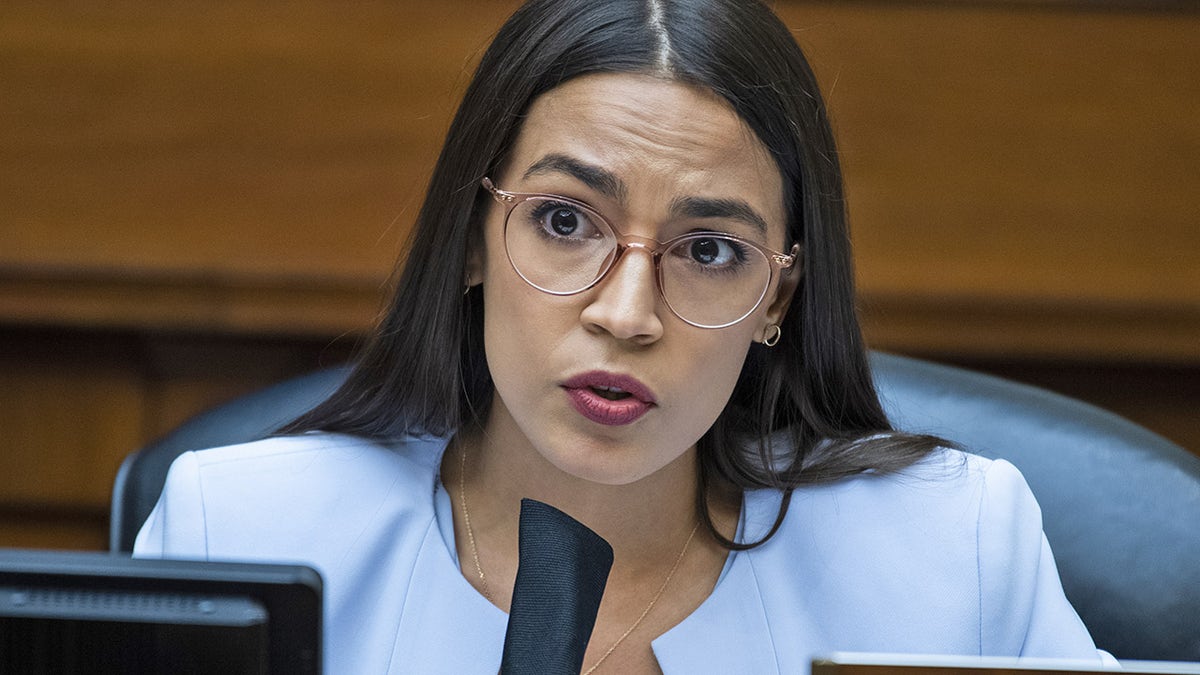
However, she has also attracted significant criticism from conservatives and business figures like O'Leary, who argue that her policies are too radical and would have disastrous economic consequences.
O'Leary, who has built his fortune through investments and entrepreneurship, made his comments during a candid interview where he was asked about his thoughts on various potential presidential candidates.
Known for his brash and sometimes abrasive style, O'Leary didn’t mince words when discussing Ocasio-Cortez, stating that her policy proposals would fundamentally harm the American economy.
He argued that her brand of progressive socialism would lead to runaway government spending, stifle economic growth, and damage the free-market system that he believes is the backbone of American prosperity.
The roots of O'Leary's criticism lie in Ocasio-Cortez’s vocal support for progressive economic policies, including the Green New Deal, Medicare for All, and a federal jobs guarantee.
These initiatives, O'Leary believes, would require exorbitant government spending and regulation, ultimately burdening American businesses and taxpayers.

His opposition to these policies reflects a broader conservative critique of what is often referred to as “democratic socialism,” a term that has been frequently used to describe Ocasio-Cortez’s policy agenda.
For O'Leary, the idea of expansive government intervention in the economy is anathema to the principles that have made the United States one of the most successful capitalist economies in the world.
Ocasio-Cortez’s influence within the Democratic Party has been growing steadily since she was elected to Congress in 2018, and her popularity among younger voters has led some political analysts to speculate that she could be a serious contender for the presidency in the future.
Her unabashedly progressive policies, combined with her ability to connect with a diverse, grassroots movement, have made her a formidable figure within the Democratic Party.
However, her rise has also been met with skepticism and outright opposition from more centrist and conservative figures, who view her political philosophy as unrealistic and detrimental to American economic interests.
In his comments, O'Leary not only criticized Ocasio-Cortez’s policies but also expressed concern about the potential long-term impact of her political ideology on the country.

He argued that her brand of populism, which is centered on wealth redistribution and expanding social programs, would ultimately undermine individual freedom and economic innovation.
He also warned that the economic consequences of her proposals would be felt far beyond the political arena, impacting the everyday lives of Americans and businesses alike.
O’Leary’s dire prediction about Ocasio-Cortez’s presidential prospects is part of a larger pattern of conservative backlash against the rising tide of progressive politics in the U.S.
Over the past several years, the country has seen a shift toward more left-wing policies, especially within the Democratic Party, with figures like Ocasio-Cortez, Senator Bernie Sanders, and Senator Elizabeth Warren advocating for a range of policies that challenge the status quo.
The idea of a more equitable society, where wealth is redistributed and social programs are expanded, has gained significant traction among younger generations, who are increasingly frustrated with the current economic system.
However, O'Leary and other business figures argue that these policies are not only impractical but also harmful to the very people they are intended to help.
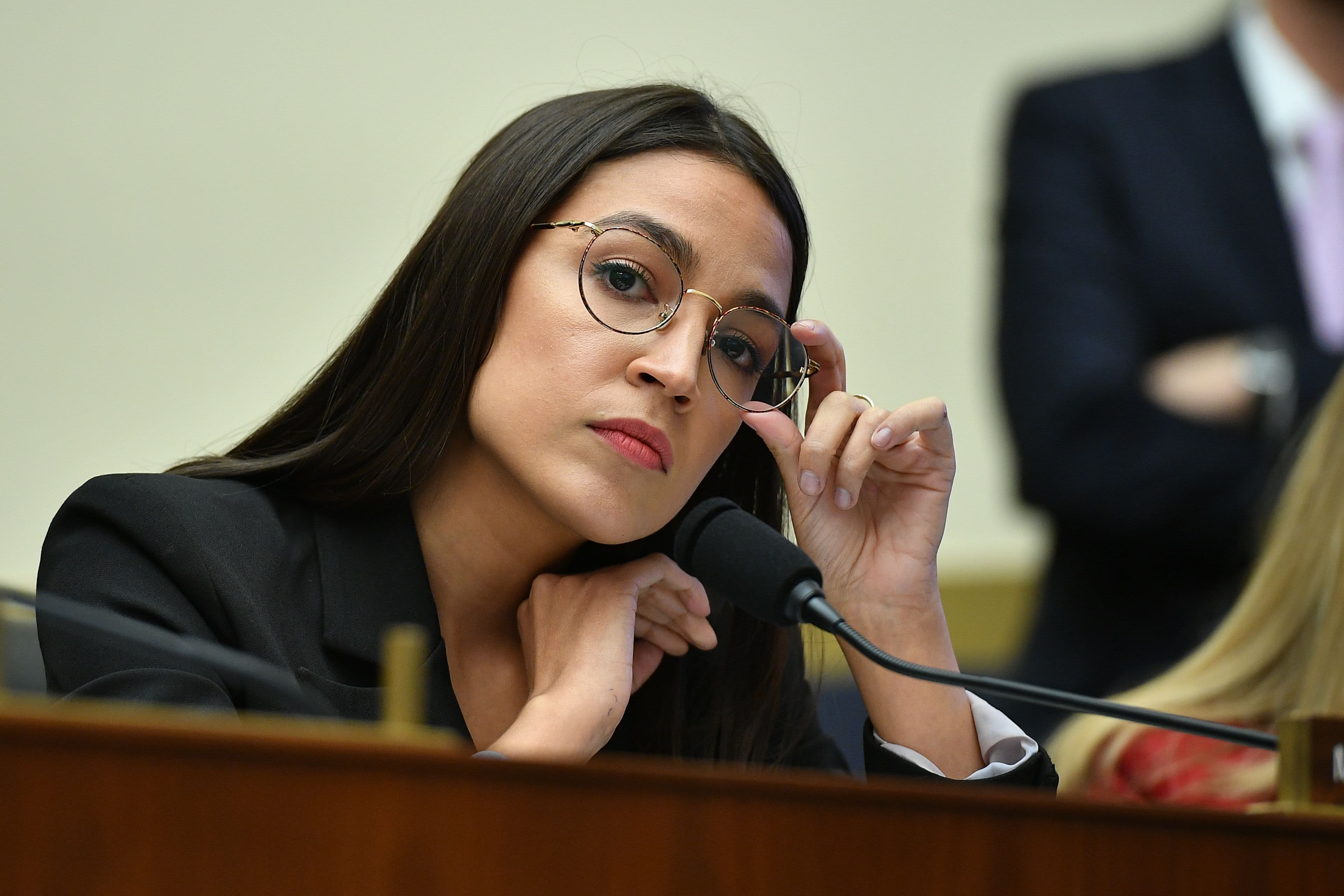
According to O'Leary, government spending on programs like Medicare for All and the Green New Deal would be unsustainable, leading to higher taxes and more government debt.
He also believes that these policies would create a dependency on government handouts, disincentivizing hard work and innovation.
From his perspective, the government should focus on creating an environment that allows businesses to thrive, rather than imposing regulations and taxes that he argues would stifle economic growth.
Despite O'Leary's harsh critique of Ocasio-Cortez and her policies, her supporters have pushed back, arguing that the changes she advocates are necessary to address the growing inequality in the country.
Ocasio-Cortez has become a champion for working-class Americans, advocating for policies that aim to level the playing field and provide greater access to healthcare, education, and housing.
Her supporters argue that her vision for America is one of justice and fairness, where the government plays an active role in ensuring that no one is left behind.

The debate over Ocasio-Cortez’s potential presidential ambitions raises important questions about the direction of the Democratic Party and the future of American politics.
As the political landscape continues to evolve, it’s clear that figures like Ocasio-Cortez are reshaping the debate around economic justice, climate change, and social inequality.
Her influence within the party is undeniable, and it’s likely that her ideas will continue to spark debate and controversy for years to come.
However, the idea of Ocasio-Cortez running for president is still far from certain. While she has garnered significant attention and support from progressive voters, there are still many within the Democratic Party who are hesitant to embrace her more radical policy proposals.
The party remains deeply divided between its progressive wing, represented by Ocasio-Cortez, and its more centrist wing, which seeks to maintain the status quo and avoid the risks of embracing more left-wing policies.
In the meantime, O'Leary’s remarks about Ocasio-Cortez and her potential presidential run are likely to fuel further debate within the political establishment.

His strong criticism highlights the growing divide between the progressive and conservative wings of American politics, as well as the increasing polarization of the country’s political discourse.
O'Leary’s comments, though provocative, are a reflection of the broader battle over the future of the nation, one that will likely intensify as the 2024 election approaches and Ocasio-Cortez’s political career continues to evolve.
As for Ocasio-Cortez, her presidential ambitions remain speculative at best, but her influence within the political landscape is undeniable.
Whether or not she ultimately seeks the presidency, her ideas and policies will continue to shape the national conversation and drive the future of the Democratic Party.
For O'Leary and others who oppose her agenda, her rise represents a threat to the traditional economic system, one that they believe must be preserved to maintain American prosperity.
The battle between these competing visions of America’s future is far from over, and it promises to be one of the defining political struggles of the coming years.

In the end, the debate over Ocasio-Cortez’s potential presidential ambitions and her policy ideas is just one chapter in the larger conversation about the future direction of the United States.
As political divisions deepen and the country grapples with issues of inequality, climate change, and economic justice, it’s clear that the conversation sparked by figures like Ocasio-Cortez will continue to shape the national dialogue for the foreseeable future.
For O'Leary and other conservative figures, the stakes could not be higher, as they seek to preserve what they view as the fundamental values of American democracy and capitalism in the face of growing political and economic challenges.
